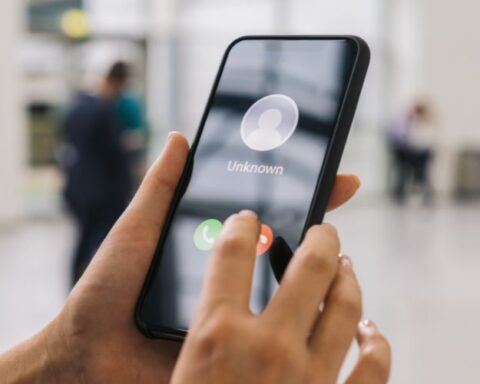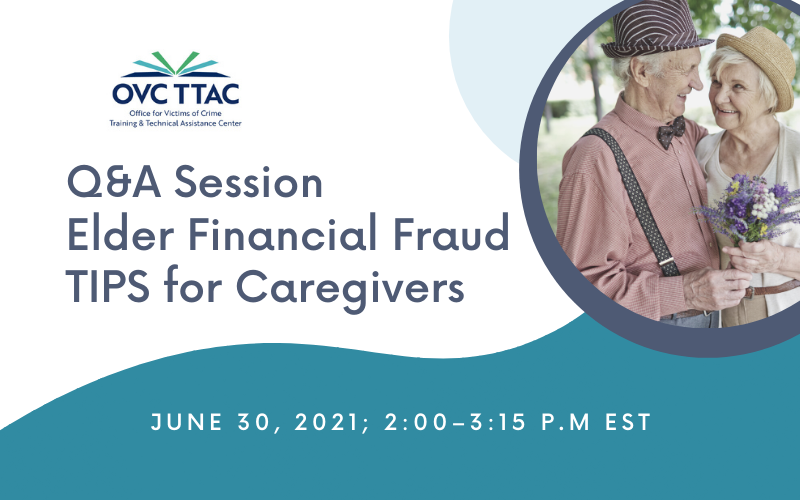By Jonathan Phelps
New Hampshire Union Leader
An elderly woman who sent $25,000 cash to a Florida phone scammer will get her money back after a Manchester police detective tracked down the package and kept it from being delivered.
Detective Ray Lamy traced the package to a Tampa business that handles UPS drop-offs and placed a hold on it. When someone attempted to pick up the package of cash, the store manager turned them away.
The Manchester woman told police that before sending the money, she received several calls from a man who said her Social Security number had been used by someone involved in drugs and money-laundering in Texas, according to a statement.
The man told her he wanted to make sure that the suspects did not gain access to her money.
The investigation is continuing.
Such scam artists can be persistent, especially with the elderly.
Phone scams target different age ranges, Lamy said Tuesday in a telephone interview with the Union Leader.
“It depends on the individual and what kind of support system they have if they’ll fall prey to it,” he said.
The amounts requested in the scams have increased in recent years, said Bryan Townsend, an assistant attorney general in the state’s elder abuse and financial exploitation unit. He’s aware of scams with requests of more than $50,000.
“They take what they can get,” he said. “The amounts will start high and go down to a number the person can afford.”
Such scams have been around for decades and can revolve around the Internal Revenue Service, Social Security or romance. Over the past year, the Attorney General’s Office reported scams related to the COVID-19 pandemic.
Grandparents often are conned into thinking a grandchild is in trouble in another state or country and told not speak to anyone because they are under a “legal gag order.”
Often requests are made to wire money or buy gift cards and read the numbers over the

BRYAN THOMPSON
Assistant Attorney General
phone. These methods are typically untraceable, said Townsend, who started with the unit in 2019.
The scams can be done through email, text message and phone. More frequently, scammers are showing up at victims’ doors.
In May, Elvis Guzman, 43, of Paterson, N.J., was indicted by a Rockingham County grand jury after prosecutors allege Guzman traveled to Portsmouth to collect “bail money” from victims for their grandchildren.
The Attorney General’s Office alleged Guzman and his associates bilked 11 people out of more than $100,000 over four days in late October.
Fraud in general is becoming more common through the internet, Lamy said.
“There is a lot of anonymity that can be obtained online,” he said. “Everyone is susceptible to schemes of different types,” Townsend said. Some scams involve what appear to be legitimate links but end up being phishing scams that go after personal information.
The scams become more sophisticated each year.
“(Scammers) try to be one step ahead,” Townsend said.
Lamy said that police often find out about scams only after they are successful.
“There is probably a lot more activity than we know about,” he said.
Store clerks and bank tellers have been trained to be aware of such scams and ask the elderly why they might need large sums of money or gift cards.
“They are on the front lines and they are playing an integral role in stopping money from getting into the hand of scammers,” he said.
In the case of the Manchester woman, Tampa police picked up the package and verified that it contained $25,000. The money will be returned to the woman.
“In this case the victim was very fortunate, but this happy ending is not the norm,” police said in a statement.
jphelps@unionleader.com












